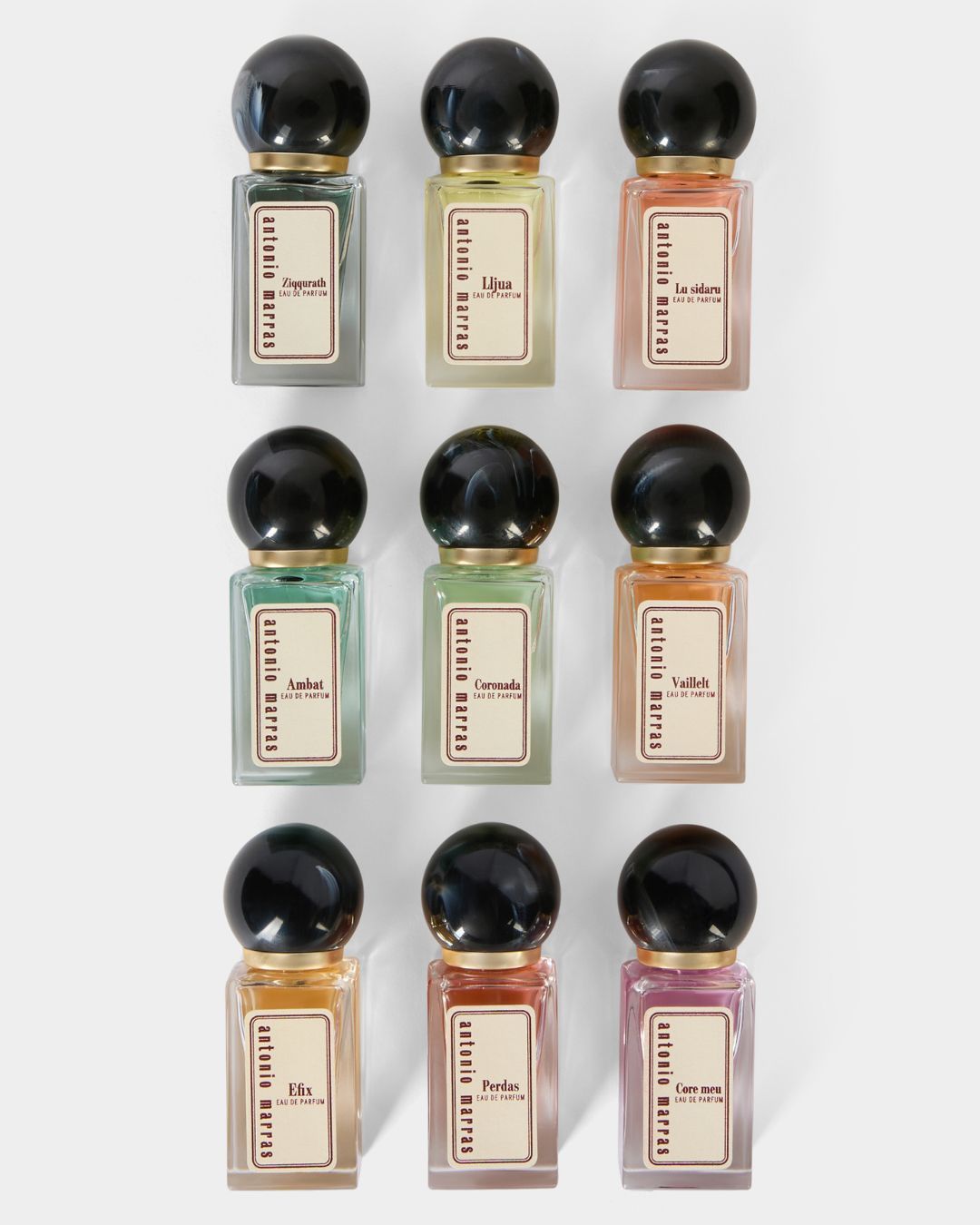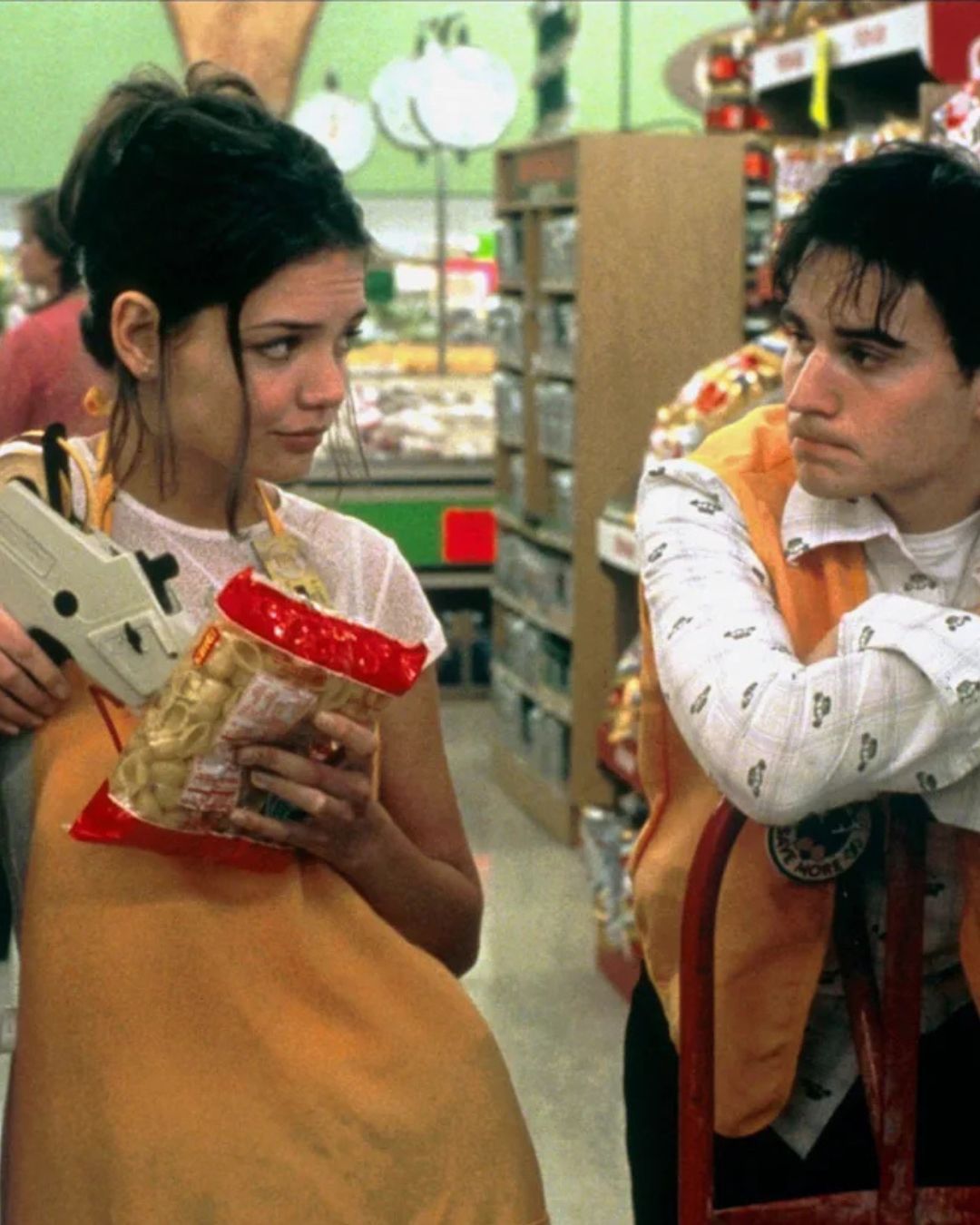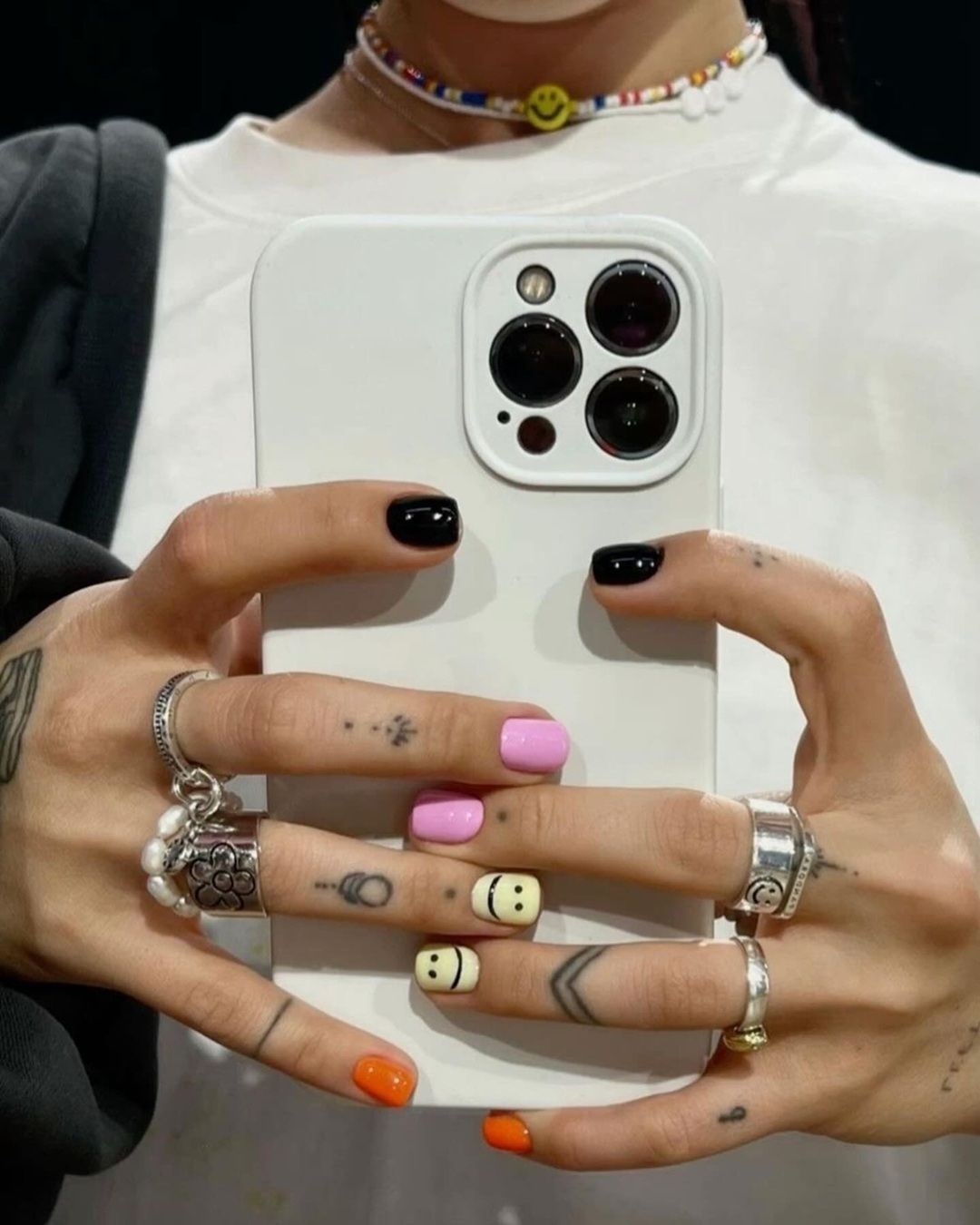
Elisabetta Franchi's words on women and work The businesswoman said she prefers to hire women over 40 because they have already had children and work 24/7, provoking a storm of controversy
Elisabetta Franchi's name is in the spotlight. The reason for this is not a new collection or an advertising campaign for her eponymous brand, but a series of statements made by the Bologna-born businesswoman in recent days that have sparked off a storm of controversy and reminded us just how important child penalty still is in a woman's career. Franchi is at the center of the scandal du jour because of a speech she made during a panel organized by Il Foglio and Pwc, where she talked about the presence of women in the fashion job market and how the number of women in management positions is still very small because they are often put in the position of having to choose between career and family.
"When you put a woman in a very important position then you can't afford not to see her come in for two years because that position is uncovered. An entrepreneur invests time and money and if you miss her it's a problem, so even I as an entrepreneur in charge of my own company have often focused on men."
And, despite the fact that the interviewer, journalist Fabiana Giacomotti, tries to get her to underline the difficulties faced by working mothers due to the lack of adequate policies to help and protect them, the businesswoman continues to explain that she prefers women aged forty and over because they have no family commitments and are willing to devote themselves to the company with absolute abnegation:
"One thing must be said: today I have women (in her company, ed.) but they are "anta", it must be said, still girls but grown up. If they had to get married, they've already got married, if they had to have children, they've already had children, and if they wanted to separate, they've already done that too. So let's say that I take them when they have already done all the turns of the buoy and they are there nice and quiet with me at my side and they work 24 hours a day. This is important, a problem that men don't have. I am from Emilia and, despite being so emancipated, I believe that we women have a duty that is written in our DNA and we must not deny it, that is that we make the children and we light the fireplace in the house, so it is our responsibility to take care of it."
Franchi's statement, filmed and shared via Twitter by the influencer Stefano Guerrera with the caption "Why aren't we talking about this abacus of shame rings by Elisabetta Franchi?", triggered a shower of negative reactions. Some suggested boycotting the brand, others defined her words as "boorish", others wrote "Welcome to the Middle Ages" and others recalled the opposite point of view of Brunello Cucinelli who some time ago had said "No one should work after 5.30 pm". The Twitter of Foto inutili Zara for example wrote:
"Elisabetta Franchi who championed the message self made woman who without any problem makes a speech saying not to hire young women because then they get married and have children and can't afford them to be absent from work is the most boorish thing you will see today".
Andrea Batilla points out that the words of Franchi are even more disturbing because of the context in which they were said (Carlo Capasa, president of the National Chamber of Fashion, was also present) and because no one in the fashion world wanted to "take a clear stance on what happened and to encourage reflection on the system which, let's not forget, has women as its reference customers". Equally harsh was the position of Marianna Madia, a member of parliament, on Twitter: "A sum of silly stereotypes about women, men, young people, work and business. Fortunately, our society is, on the whole, more advanced than this, even if there are still too many welfare shortcomings". An article in La Voce in 2020 attempted to obtain an estimate of the long-term child penalty for our country based on a sample of Inps data on private sector employees between 1985 and 2016. The data that emerged show that the effects of motherhood not only occur in the short term, but persist even several years after the birth of the child and are a shcok from which women do not recover:
"Before birth, the trajectories of women with and without children are almost identical, but immediately after childbirth they begin to diverge. Fifteen years after childbirth, mothers' annual gross wages are €5,700 lower than those of childless women compared to the period before childbirth (i.e., their wages are 53 per cent lower). Weekly wages are €29 less (6 per cent less than for childless women), there are about 11 fewer weeks worked per year, and the percentage of women with children with part-time contracts is almost three times higher than for childless women."
It seems very clear that a concrete intervention is needed to revolutionize the labour system, not only for women, by eliminating the gender gap, extending compulsory paternity leave from five to seven days, increasing the number of families that can have access to free childcare and implementing other support and development policies.
The Bolognese businesswoman, who also has two children (the second, as she declared on social media, she had at the age of 45), explained in an Instagram Story that she had been misunderstood:
"80% of my company are pink quotas of which: 75% young female employees and 5% female executives and managers. The remaining 20% are men of which 5% are women. There has been a big misunderstanding because of what is going around on the web. My company today is completely female. The subject of discussion at the event I attended was the research by Price Women and Fashion, which showed that in today's world women do not hold important positions," he wrote. Unfortunately, contrary to other countries, it emerged that the Italian State is still quite absent, lacking structures and aid, women are faced with a choice between family and career. As I have stressed, having a family is a sacrosanct duty. Those who manage to reconcile family and career are still subject to enormous sacrifices, like those I had to make".

























































